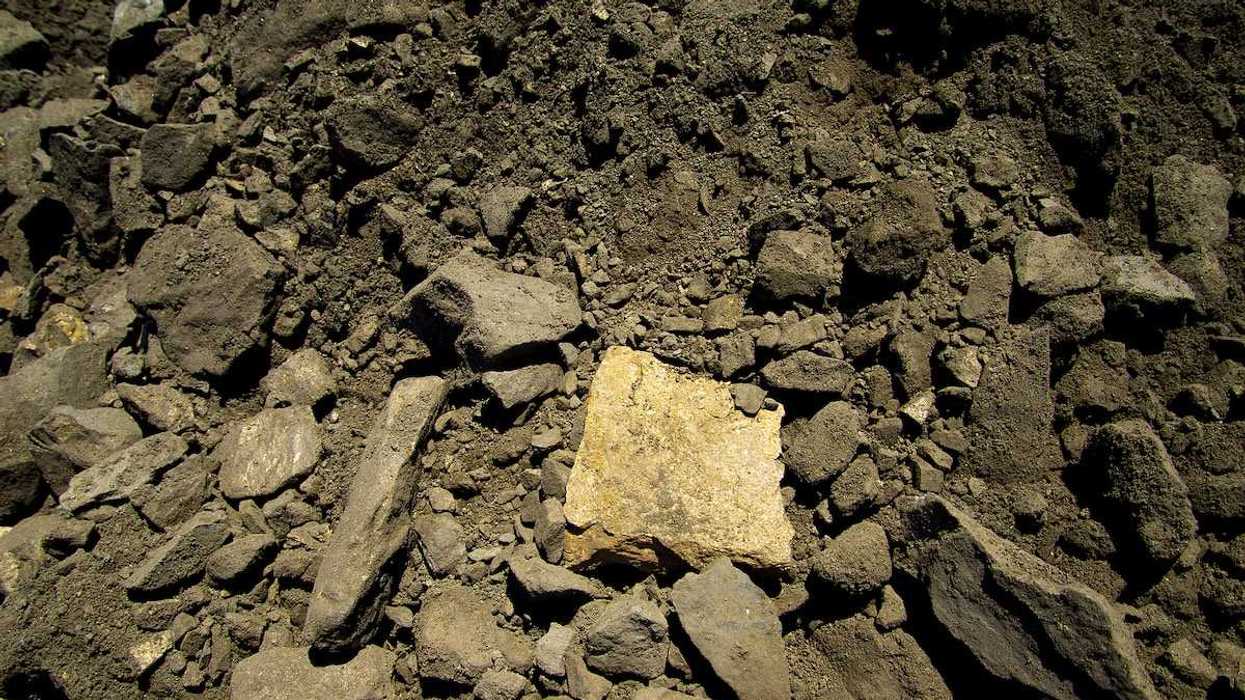A U.S. House committee on Tuesday voted to keep language in a federal spending bill that would shield pesticide companies from lawsuits and restrict state warnings about chemical health risks.
Carey Gillam reports for The New Lede.
In short:
- The House Committee on Appropriations voted down Rep. Chellie Pingree’s amendment that sought to remove a provision blocking lawsuits against pesticide makers and limiting state-level warning labels.
- Critics argue the rider would prevent updates to health warnings even when new research finds risks, citing glyphosate and paraquat as examples tied to cancer and Parkinson’s disease claims.
- The bill also includes language halting U.S. Environmental Protection Agency work on PFAS contamination in farm fertilizers; overall funding for the agency would drop 23%.
Key quote:
“Let’s rip this rider to shreds. Let’s send a clear message that we will not allow corporate polluters to hide the truth about cancer-causing chemicals and we will always fight for public health above corporate wealth.”
— Rep. Deborah Wasserman Schultz, Democrat of Florida
Why this matters:
Federal pesticide oversight often lags behind emerging research, leaving states and local communities to fill the gaps with their own warnings or restrictions. Blocking those measures could mean families, farmers, and workers remain unaware of risks tied to widely used chemicals like glyphosate or paraquat, which scientists have linked to cancers and neurological diseases. The same bill also delays EPA action on PFAS in fertilizers, compounds that accumulate in soil and water and linger in human blood for years. Weakening these safeguards shifts more burden onto individuals and communities to monitor exposures and navigate health consequences without updated guidance.
Related: Pesticide industry pushes for immunity in proposed North Carolina farm legislation














